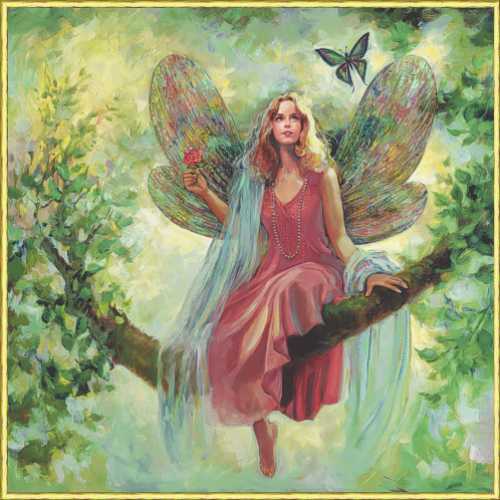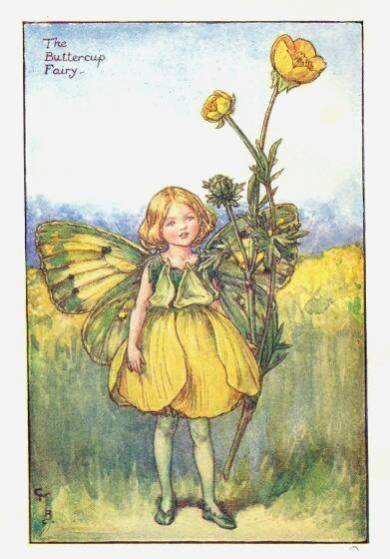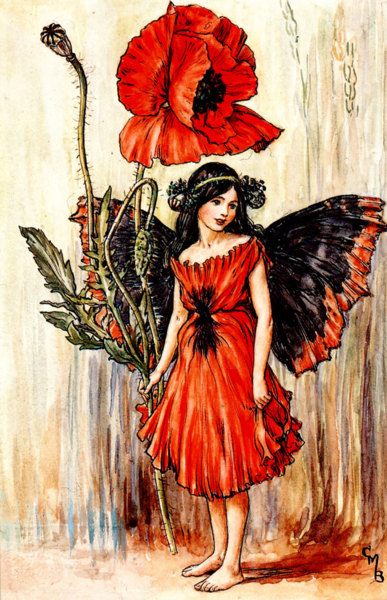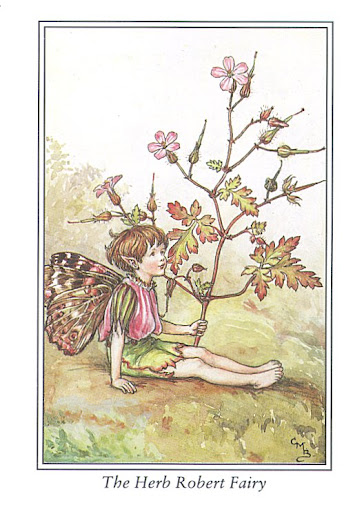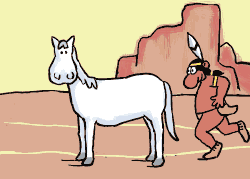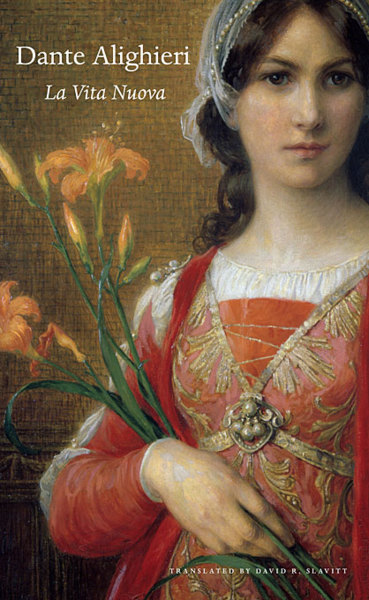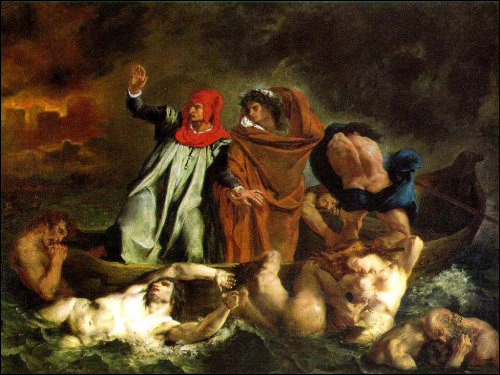 
 字體:小 中 大
字體:小 中 大 |
|
|
|
| 2012/07/02 14:36:03瀏覽1401|回應1|推薦97 | |
Spring goes, Summer comes The little darling, Spring, She kissed her sister, Summer,
The Song of the Buttercut Fairy 'Tis I whom children love the best; O little playmates whom I love
The Song of the Poppy Fairy The green wheat's a-growing, The wheat's turning yellow, Now the harvest's ended,
The Song of Herb Robert Fairy Little Herb Robert, Little Herb Rober, The Fairy Tale is a Very .. Verily .. Verily .. Sale... Dreams by the Corrs
Love's Theme 1975 Vicki's Double "Fishes" 2005 Guido, I wish that Lapo, you, and I, From "The Rhymes" Der goldene Schlüssel Zur Winterszeit, als einmal ein tiefer Schnee lag, mußte ein armer Junge hinausgehen und Holz auf einem Schlitten holen. Wie er es NUN zusammengesucht und aufgeladen hatte, wollte er, weil er so erfroren war, noch nicht nach Haus gehen, sondern erst Feuer anmachen und sich ein bißchen wärmen. Da scharrte er den Schnee weg, und wie er so den Erdboden aufräumte, fand er einen kleinen goldenen Schlüssel. NUN glaubte er, wo der Schlüssel wäre, müßte auch das Schloß dazu sein, grub in der Erde und fand ein eisernes Kästchen. Wenn der Schlüssel nur paßt! dachte er, es sind gewiß kostbare Sachen in dem Kästchen. Er suchte, aber es war kein Schlüsselloch da, endlich entdeckte er eins, aber so klein, daß man es kaum sehen konnte. Er probierte, und der Schlüssel paßte glücklich. Da drehte er einmal herum, und NUN müssen wir warten, bis er vollends aufgeschlossen, und den Deckel aufgemacht hat, dann werden wir erfahren, was für wunderbare AchSen in dem Kästchen lagen. ~Ein Märchen der Brüder Grimm - KHM 200
In the winter time, when deep snow lay on the ground, a poor boy was forced to go out on a sledge to fetch wood. When he NOW had gathered it together, and packed it, he wished, as he was so frozen with cold, not to go home at once, but to light a FIRE and warm himself a little. So he scraped away the snow, and as he was thus clearing the ground, he found a tiny, gold key. NOW he thought, where the key was, the lock must be also, and dug in the ground and found an iron chest. If the key does but fit it! thought he, no doubt there are precious things in that little box. He searched, but no keyhole was there. At last he discovered one, but so small that it was hardly visible. He tried it, and the key fitted it exactly. Then he turned it once round, and NOW we must wait until he has quite unlocked it and opened the lid, and then we shall learn what wonderful things were lying in that box. " Let those who could see, see ... hear, hear ... NOW=NUN=FISH " And yet, they are right, those whom I try to correct: ~ J W Goethe
Since knowledge is the ultimate perfection of our soul, in which resides our ultimate happiness, we are all therefore by nature subject to a desire for it. ... If in the present work, which is called The Banquet, as I wish it to be, the subject is treated more maturely than in the Vita Nuova, I do not intend by this in any way to disparage that book but rather more greatly to support it with this one, seeing that it understandably suits that one to be fervid and passionate, and this one tempered and mature. ..... Hence Boethius deems popular glory to be vain because he sees that it lacks discernment. These people should be called sheep (animals) , NOT MEN, for if a sheep were to cast itself over a cliff a thousand feet high, all the others would follow after it; and if while crossing the road a sheep for any reason leaps, all the others leap, even though they see nothing to leap over. I have seen many jump into a well after one that jumped in....... (Aha! .... How deep is the subject, this Well or that Will ?? ) ~Dante From (Book 1), "The Banquet" To convey what this means, it is necessary to know that writings can be understood and ought to be expounded principally in four senses. The first is called the literal, and this is the sense that does NOT go BEYOND the surface of the letter, as in the fables of the poets. The next is called the allegorical, and this is the one that is HIDDEN beneath the cloak of these fables, and is a TRUTH hidden beneath a beautiful fiction; To those who do not devote their lives to knowledge and art; and those who have no rational life whatsoever are almost like stones. The third sense is called moral, and this is the sense that teachers should intently seek to DISCOVER throughout the scriptures, for their own profit and that of their pupils (eyes); as, for example, in the Gospel we may discover that when Christ ascended the mountain to be transfigured, of the twelve Apostles he took with him but three, the moral meaning of which is that in matters of great secrecy we should have only few companions. The fourth sense is called anagogical, that is to say, beyond the senses; and this occurs when a scripture is expounded in a spiritual sense which, although it is true also in the literal sense, signifies by means of the things signified a part of the supernal things of eternal glory (AURA), as may be seen in the song of the Prophet which says that when the people of Israel went out of Egypt, Judea was made whole and free. ( God has obligations and duties, but man has rights to choose ...) .... To begin, then, I say that after the passing of that blessed Beatrice who lives in heaven with the angels and on earth with my soul, the star of Venus had twice revolved in that circle of hers, which at different times of the year makes her appear in the evening or in the morning, when that gentle lady, of whom I made mention at the end of the New Life, first appeared before my eyes, accompanied by Love, and took a place within my mind. ... Pondering these, I quickly determined that Philosophy, who was the lady of these authors, sciences, and books, was a great thing. ~Dante From (Book 2), "The Banquet" No one should be surprised if I speak in a way that seems difficult to understand, for it seems to me indeed a marvel how such a PROCESS can be fully described and perceived by the intellect. Therefore, since it is our final solace, for the sake of which we live and devote ourselves to what we undertake to do, it is most useful and necessary to perceive this mark, in order to direct the BOW of our activity toward it, for he is most highly regarded who points it out to those of whom do not perceive that mark, whom is IGNORANT (BLIND). One of these uses is indeed more full of blessedness than the other--namely the SPECULATION which, being inviolate, is the use of the most noble part of our mind which, by reason of that love rooted in us which has been spoken of, is most of all deserving of love, namely the intellect, who have premere desires of Philosophy, The Lady. The noble soul in this age of life blesses times past, and well may it bless them, because by turning its MEMORY to them so (MERCURY) recalls its virtuous actions, without which it could not come to port, to which it draws near, with so much prosperity and so much gain. It acts like the good merchant who, as he draws near to his port, examines his profits and says: "If I had not made my journey along this road, I would not have this treasure, nor would I have anything in which to take delight in my city (my store ... like a cave ... even a church ... may it be), to which I am drawing near."; and so he blesses the way he has taken in this SWEET SPECULATION. ~Dante From (Book 4), "The Banquet"
|
|
| ( 不分類|不分類 ) |





